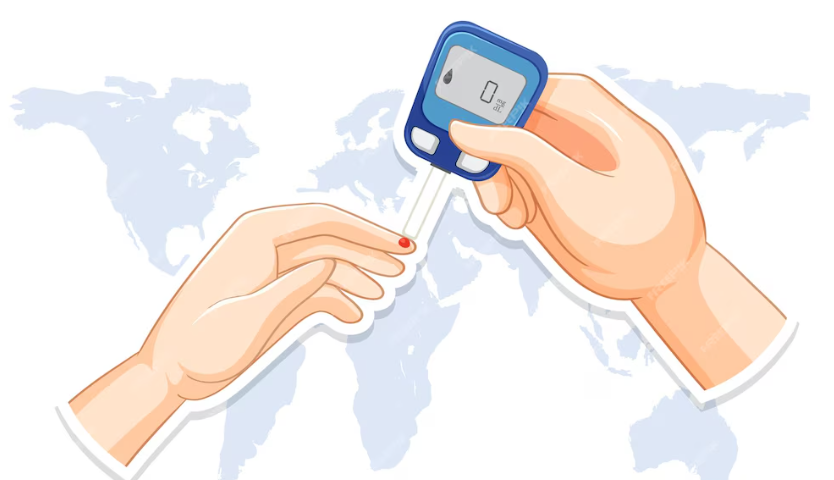
The Role of Hormones in Transitioning to Adulthood with Type 1 Diabetes: Tips for Teens and Young Adults
Introduction: Transitioning to adulthood can be challenging, especially for teens and young adults managing Type 1 diabetes. Hormones play a crucial role during this transition period, influencing blood sugar levels and overall health. In this blog, we’ll explore the impact of hormones on transitioning to adulthood with Type 1 diabetes and provide practical tips for teens and young adults.
Understanding Transitioning to Adulthood with Type 1 Diabetes: As teens and young adults with Type 1 diabetes mature, they face new responsibilities and lifestyle changes. Managing diabetes independently, making healthcare decisions, and navigating social situations can present unique challenges during this transition.
The Role of Hormones: Hormones, such as insulin, growth hormones, and reproductive hormones, undergo significant changes during adolescence and young adulthood. These hormonal fluctuations can affect blood sugar levels, insulin sensitivity, and overall diabetes management.
Tips for Teens and Young Adults: To navigate the transition to adulthood with Type 1 diabetes successfully, teens and young adults can:
- Take Ownership of Diabetes Management: Learn about diabetes, monitor blood sugar levels regularly, and take responsibility for medication administration, meal planning, and exercise routines.
- Communicate with Healthcare Providers: Build a trusting relationship with healthcare providers, ask questions, and discuss concerns about diabetes management, treatment options, and lifestyle adjustments.
- Prioritize Self-care: Make self-care a priority by getting enough sleep, eating balanced meals, engaging in regular physical activity, managing stress, and avoiding risky behaviors.
- Plan for Transitions: Prepare for transitions, such as moving away for college or starting a new job, by researching healthcare resources, establishing care with local providers, and communicating diabetes needs with roommates, coworkers, and supervisors.
- Seek Support: Connect with peers, support groups, and online communities for encouragement, advice, and camaraderie with others who understand the challenges of living with Type 1 diabetes.
Conclusion: Transitioning to adulthood with Type 1 diabetes requires teens and young adults to navigate hormonal changes, lifestyle adjustments, and healthcare decisions effectively. By understanding the role of hormones and implementing practical tips, individuals can manage their diabetes confidently and lead fulfilling lives as they transition into adulthood.
To seek medical advice, always consult a Doctor. Here are our recommended experts. Click Here
To read more on Type 1 diabetes. Click Here



